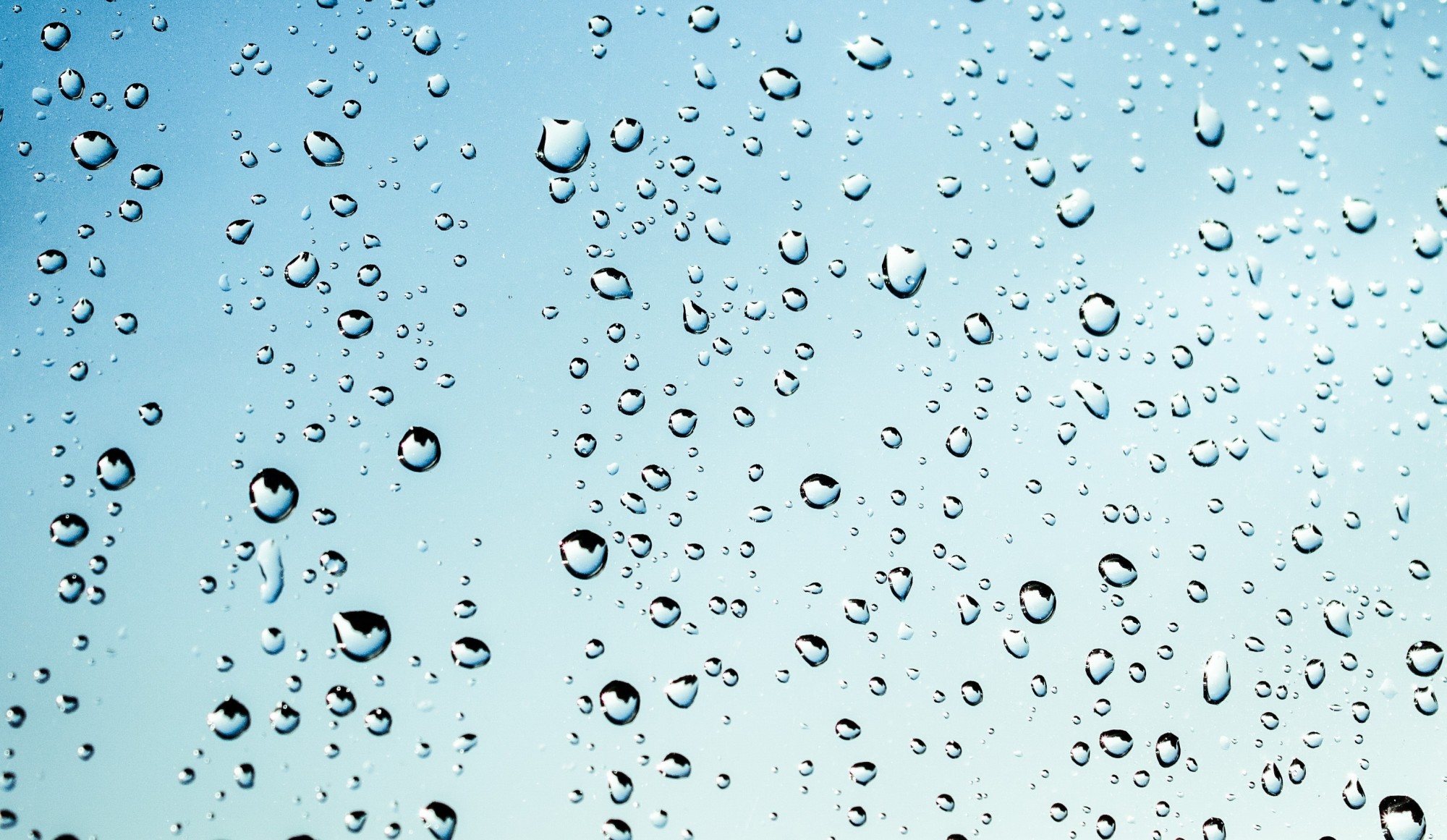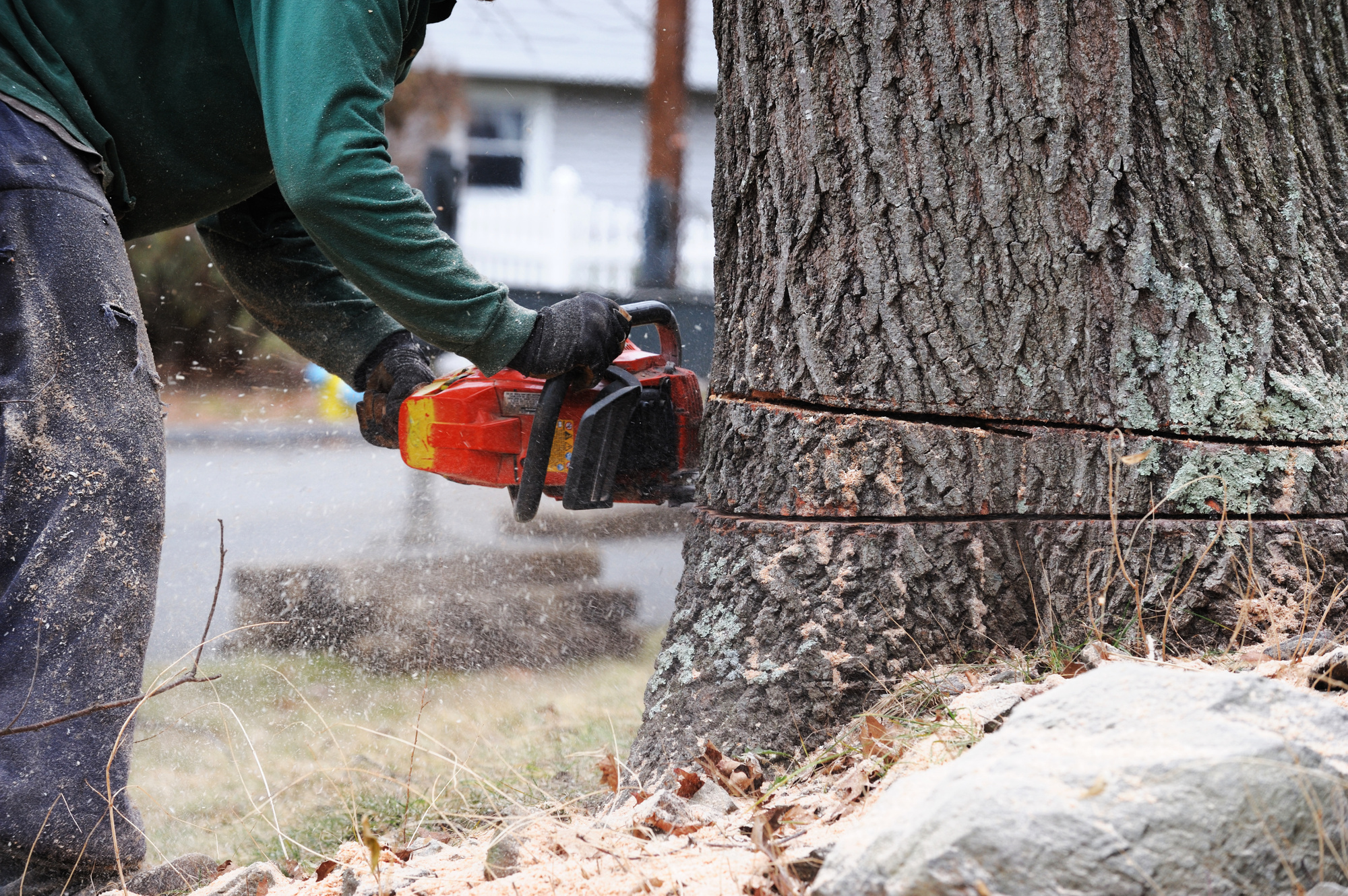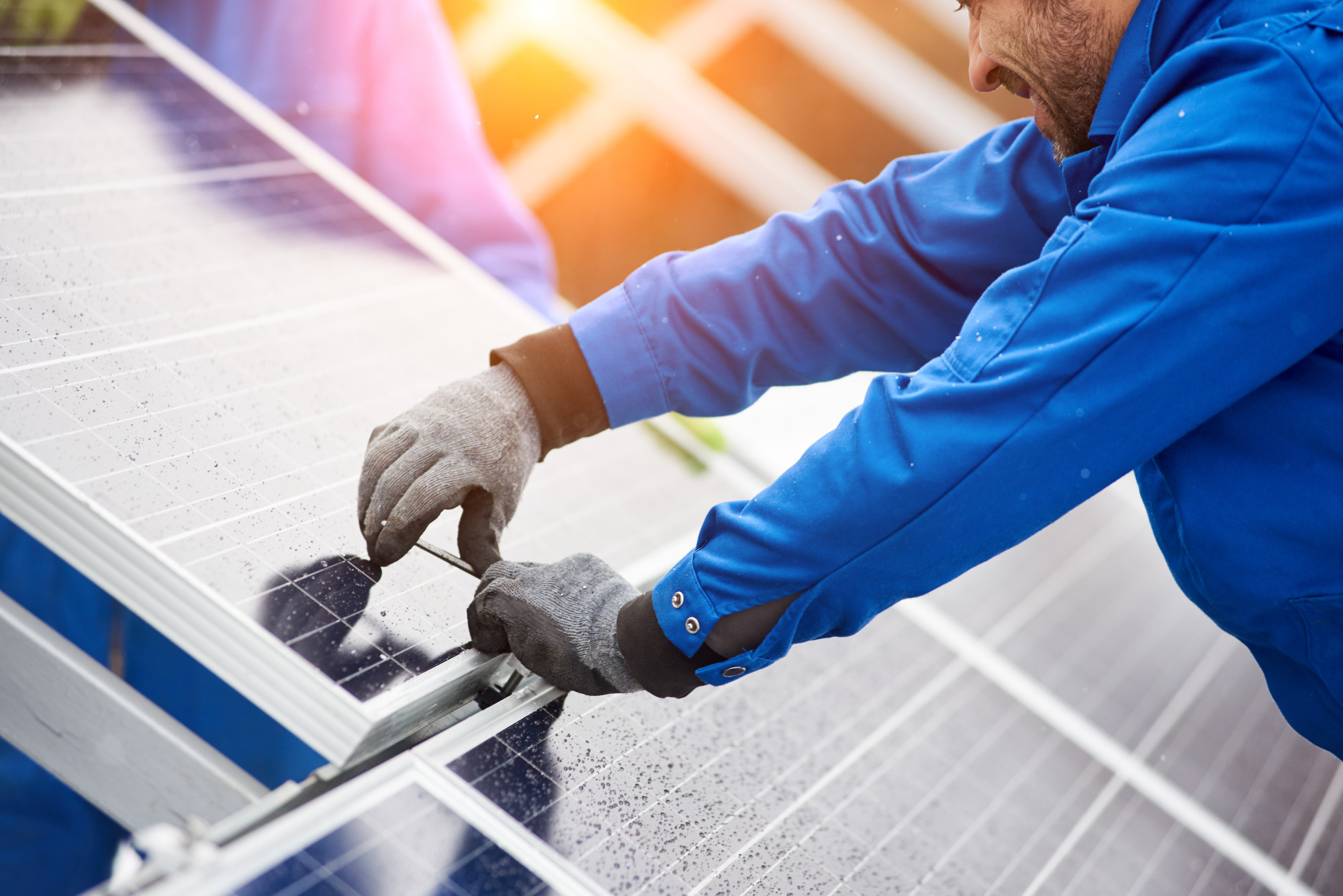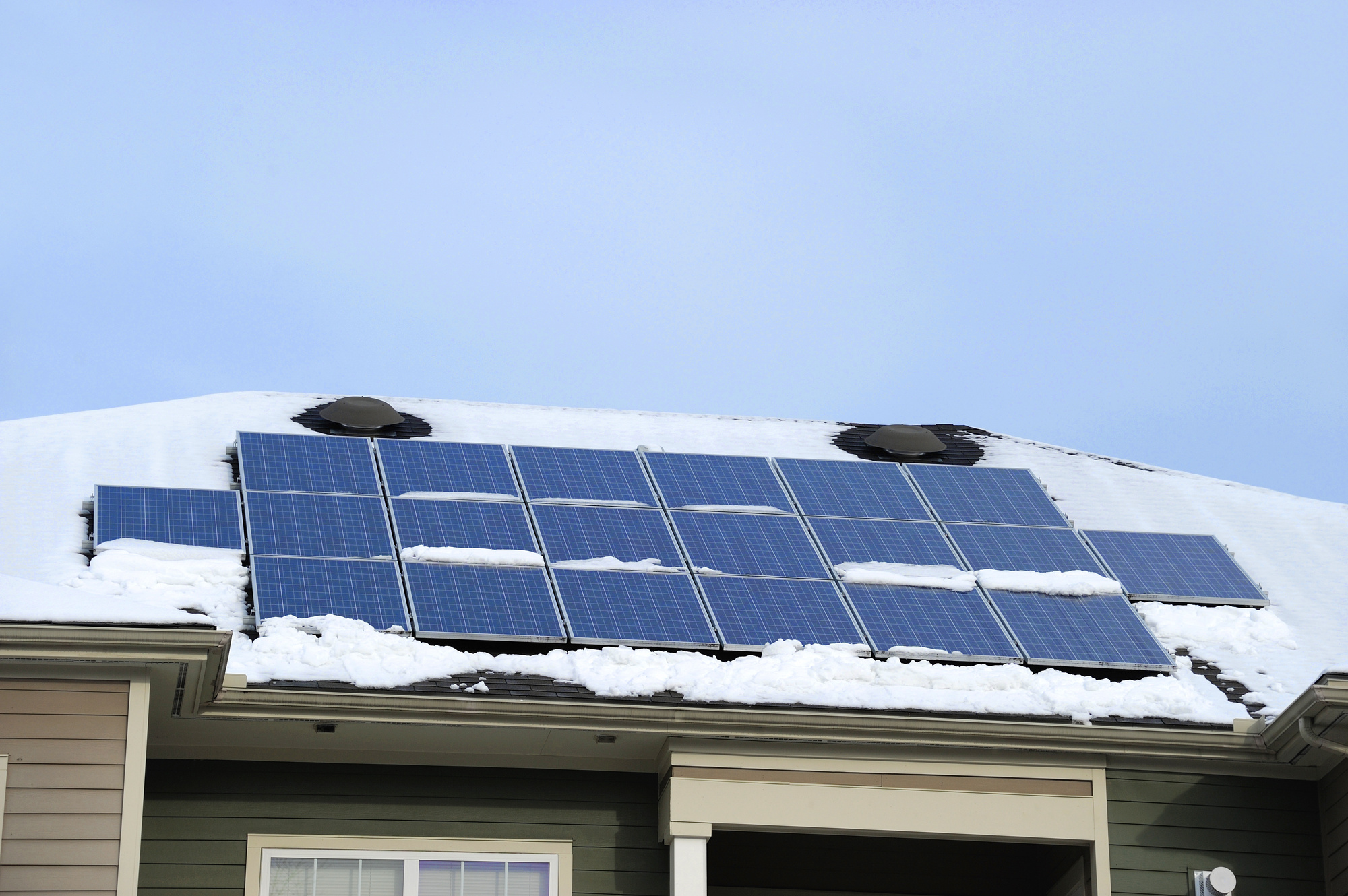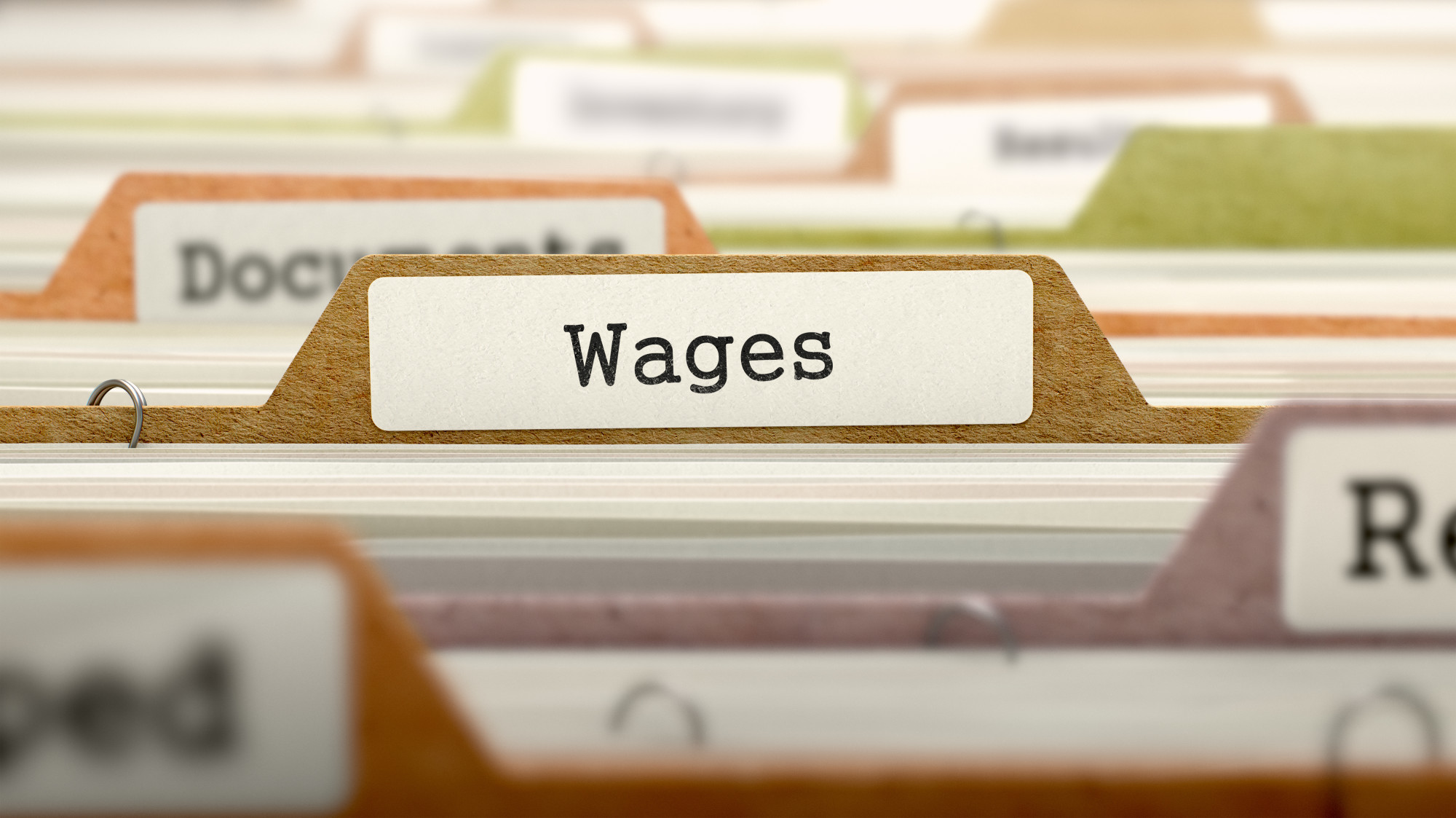As public interest in reducing environmental impact, so too does interest in basic home improvements that assist in that end. Water conservation, in particular, gets a lot of attention because the steps often prove easier than other approaches.
For example, many people look to rainwater collection systems to help them limit their environmental water impact. So, what are the benefits of rainwater collection?
1. Reduce Pollution
Runoff is one of the main sources of pollution for rivers, lakes, and streams. In undeveloped areas, runoff remains limited because the ecosystem can absorb rainwater and stormwater. In developed areas, roads, concrete, and other non-porous surfaces prevent this natural absorption.
Collecting rainwater helps reduce pollution by reducing the amount of runoff in your area.
2. Reduce Infrastructure Strain
The US water infrastructure is both old and decaying. The estimated repair and maintenance costs for the water infrastructure over the next few decades exceed $1 trillion.
Adopting rainwater collection reduces your dependence on the water infrastructure. It also reduces, in some small way, the strain on that water system.
3. Lower Your Bills
The cost of water varies tremendously across the nation. While water costs soar in places like Southern California, the costs often remain low in water-rich, rural areas of the country. Yet, every gallon you get from the utility company costs you something.
A rainwater collection system helps you cut that bill by redirecting rainwater into toilet or irrigation systems. Not sure what a rainwater collection system means for you home? You can read more here and find out.
4. Garden Health
Water use restrictions can make it impossible to use town or city water for your garden during a drought. A rainwater collection system can help keep your garden alive or even thriving during these drought periods.
Unlike city water, you can use your collected rainwater however you see fit. That means you can keep your garden growing even while neighbors lawns turn into a brown tundra.
5. Emergency Backup
Even if you own a well, the pump in your well relies on electricity. That can leave you without power or water in the event of a widespread power outage. A rainwater collection system can serve as a backup source of water during an emergency.
Before you use rainwater for drinking, however, make sure get it tested. The overall level of contamination can vary a lot depending on your location. You’ll also need to maintain a very clean collection system to avoid bacterial growth.
Parting Thoughts on the Benefits of Rainwater
You don’t need a complete lifestyle overhaul to become more eco-friendly. You can embrace the benefits of rainwater collection with a relatively small addition to your home.
You can also enjoy the knowledge that you helped reduce pollution, infrastructure strain, and even cut your water bill a little.
NuEnergy focuses on offering eco-friendly advice and solutions. Looking for other ways to make your home more environmentally friendly? Keep checking our blog.

